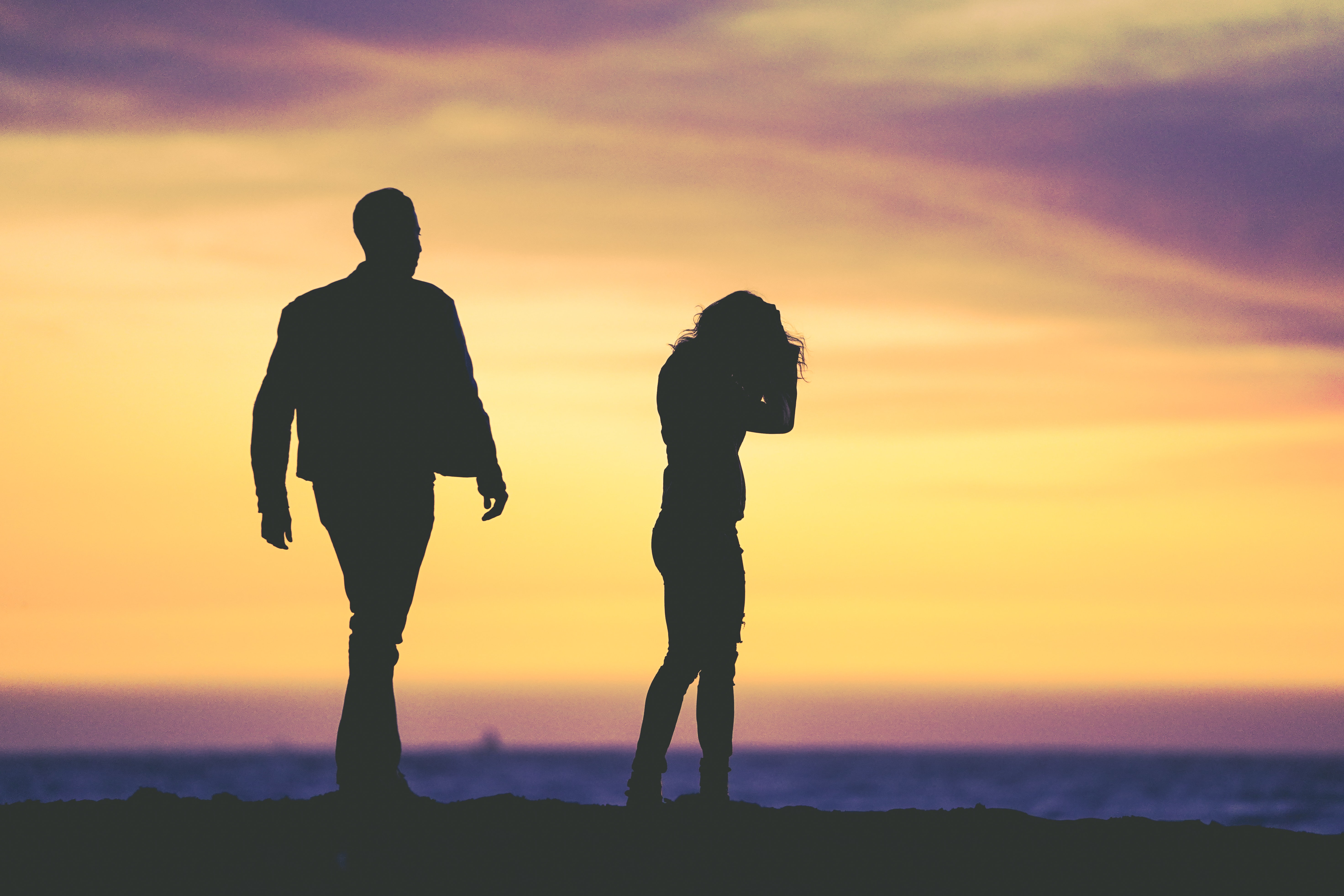Along with being a writer, I am a paramedic of 11 years. In the beginning, keeping those two careers separate seemed important, as I didn’t want my writing scope trapped into a singular vision where I was only seen as a medical storyteller.
However, last night, as I was desperately trying to turn off my brain, the topic of tragedy hit me, hard. Words and sentences began writing themselves and I found myself feverishly writing them down, in the dark, so that I could find a way to tell this story.
Sharing Tragedy – My perspective as a paramedic
Let’s start with a cliche: If I had a dollar for every time I was asked, in and out of uniform, how I do my job, I would probably be a writer full time! This is likely the most common thing we are asked, next to, tell me about your craziest call.
Oddly enough, I don’t have fast answers for these questions, especially when I’m put on the spot in a Tim Hortons’ line. They are blanket questions that have complex answers – especially the second one. But the first question is special, because it’s a question that I often ask myself.
I began to wonder when my life took a turn towards being attracted to a career that is as dynamic, tragic, and adrenaline fueled as being a paramedic.
I was a reserved, well mannered and disciplined child who played and stayed on the safe side of life. We followed the rules my parents set out and understood that bad decisions always came with consequences. For everything. We did well in school (especially my sister) and attended church weekly with a large involvement in many church activities. We visited our cottage every weekend and summer and enjoyed our time doing typical cottage stuff.
I might have been brave – but I certainly wasn’t reckless. We had many recreational vehicles and I never once had an accident. I was responsible because I knew that bad decisions had consequences. This was a theme that I unconsciously embraced very early on.
Flash forward to my mid twenties and I am suddenly a paramedic.
I am now learning the real definition of ‘every bad decision has consequences’ first hand. I am seeing situations so out of control, that my compulsive desire to be in control, broke. I started experiencing and often sharing, every emotion in the book, with a complete stranger.
I cannot speak for every medic, but for myself, I find it very hard to ignore intense emotion. When someone is experiencing an emotion that tugs at my heart strings, I cannot callously pretend it’s not happening. There are likely paramedics who are great at this, some who are in denial about being great at this, and some who are neutral or terrible at this.
I fall into the categories of denial and being terrible at it. Immense grief permeates all the filters that I put up to protect my heart and soul.
Sometimes, after a particularly bad call, I get home and I sit beside my children as they sleep. I then silently watch as their chests rise and fall. And when I begin to doubt my ability to see their movements because I am overwhelmed about the day, I place my hand on their chest and let the peaceful movements calm my nerves. This could happen in a matter of minutes, or longer. I stay until I am convinced that my children are breathing normally and not dying.
Is it logical? Well, of course not. Is it insane? I hope not. Is it a reality for some paramedics? Yes.
Sharing tragedy doesn’t diffuse grief, but it raises appreciation for what we have. The value of sharing tragedy is often overshadowed by the baggage that it creates – but today, I wanted to speak on the value.
No one should have to die for me to appreciate what I have – but because I am a paramedic, and I cannot avoid these dynamics, this becomes a reality. I begin to look at loss differently. I begin to appreciate the ache of grief by holding someone’s hand through their own. I then carry that emotion and experience to my own life, unintentionally, and apply its’ lost moments to my family.
What that means is: I hold more hands. Kiss more and receive more sloppy, peanut buttery kisses. I cuddle with my kids more. I go outside with them and play when I’m tired and would rather rest. I have deeper talks with my husband. And I work harder on personal projects that keep me happy.
I love harder because I know what lost love becomes. Lost love turns into a playback reel of all the memories you made with those people before they died.
If my job has taught me anything worth passing along, it is to love harder. Be kinder. Allow yourself moments of vulnerability. Apologize when it’s needed and begrudge less.
What will your memory reel look like?


